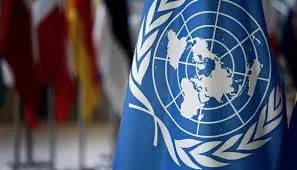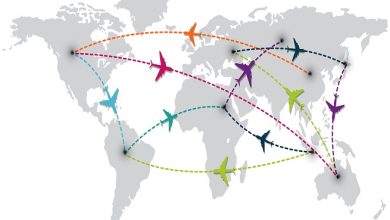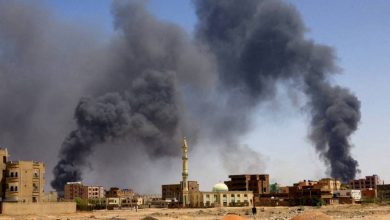Militia Violations.. Dilemma of the UN

Sudan Events – Abdul Basit Idris
The United Nations faces a major professional and moral dilemma, regarding the horrific violations that the Sudanese are exposed to, including killing and displacement, in addition to the militia’s obstruction of the delivery of humanitarian aid to those in need, in addition to its disruption of service institutions for citizens.
Silence and helplessness:
The UN seems unable to deal with the crimes of the militia based on its incorrect description of the origin of the problem.
Hemeti’s militia is not a movement of demands, but rather a military faction that rebelled against the state, attacked army headquarters, and carried out a failed coup attempt.
Then the conflict was exploited by regional and international parties, condemned and documented, even in the reports of the United Nations Committee of Experts. Antonio Guterres has put the international organization in a major professional and ethical dilemma twice.
The first time was when its mission, led by Volker Perthes, was involved in interfering in Sudan’s internal affairs, leaving the zone of functional neutrality, siding with one political group over another, and being involved with the Quartet in imposing the framework agreement. Volker’s involvement in igniting the war and his prior knowledge of the date of Hemeti’s coup against the army was proven when the latter informed him that he would put Burhan and the army leaders in prison. When Volker was confronted with these facts and information, he admitted that he had heard that from Hemeti, but he did not think he was serious about it.
Despite this, Guterres insisted. Volker was kept at the head of the mission despite Sudan notifying him of the requirements of sovereign and diplomatic procedures to change him. The UN Secretary-General did not stop at this professional lapse and blatant bias and compliance with the vision of some countries, but he did not even conduct an honest and transparent investigation with his special envoy and head of the UNITAMS mission, Volker, to save the reputation of the United Nations, after it was proven that Volker was involved in igniting the war, and he ultimately yielded to the government’s demands, which developed from changing Volker to canceling the tasks of the UNITAMS mission entirely.
The second lapse was represented by the Secretary-General and the United Nations agencies hiding from condemning the violations and crimes of Hemeti’s militia and its attacks on civilians through systematic acts of violence based on ethnic cleansing and genocide, as happened in Geneina and its villages, when the militia exterminated 15,000 people, in addition to the victims of genocide and forced displacement of citizens in Gezira and Khartoum, the siege, and preventing civilians from reaching work and obtaining food and water resources, as is happening through the siege of civilians and the establishment of detention centers for civilians, in addition to execution chambers and gallows in homes in Khartoum and blocking roads in Bara, Al-Fula and the Nuba Mountains.
The United Nations and its Secretary-General are still hiding behind generalized statements, information and statistics that seem further from reality.
At a time when Sudan is demanding the classification of the Rapid Support Forces RSF as a terrorist group and is facing an external invasion backed by more than 5 member states of the United Nations, Guterres’ new envoy, Ramtane Lamamra, is still squandering its budgets in tours that seem empty of content and far from the essence of the crisis. Money and Need:
The United Nations and its partners have appealed for $4.1 billion to meet the most urgent humanitarian needs of civilians inside Sudan and those who have fled to neighboring countries. The organization says that nearly 18 million people in Sudan out of the country’s 49 million population are “high levels of acute food insecurity,” according to the United Nations Office for the Coordination of Humanitarian Affairs. However, the United Nations said after two plans it announced to respond, it had only received 30% of the amount requested in the international appeal.
No famine in Sudan:
The head of the Office for the Coordination of Humanitarian Affairs in Sudan, Justin Barari, told the BBC that there are 4.9 million people now living in a state of acute food insecurity, which is only one step away from famine.
In contrast, the Minister of Finance, Dr. Jibril Ibrahim, said that there is no famine in Sudan, indicating that the strategic stock is full of grains. Jibril explained in an interview from the Russian city of St. Petersburg that the problem lies in the difficulty of delivering food supplies, which are obstructed by the rebel militia.
The United Nations continues to fail to condemn the violations of Hemeti’s militia and its obstruction of the safe delivery of aid, especially medical and life-saving aid, to the areas.



